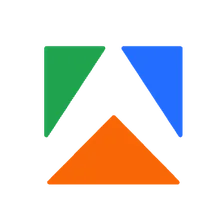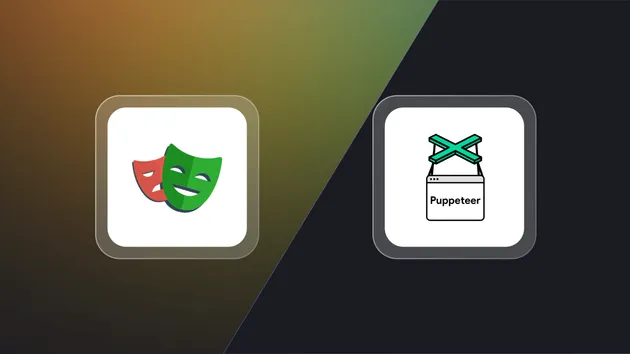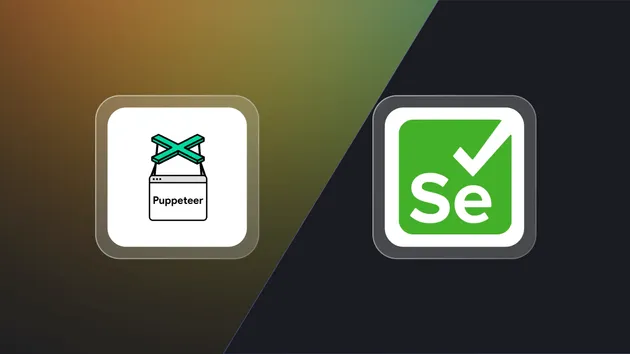Puppeteer Scraper
Pricing
Pay per usage
Puppeteer Scraper
Crawls websites with the headless Chrome and Puppeteer library using a provided server-side Node.js code. This crawler is an alternative to apify/web-scraper that gives you finer control over the process. Supports both recursive crawling and list of URLs. Supports login to website.
Pricing
Pay per usage
Rating
4.9
(17)
Developer

Apify
Actor stats
279
Bookmarked
12K
Total users
654
Monthly active users
20 days
Issues response
3 days ago
Last modified
Categories
Share




